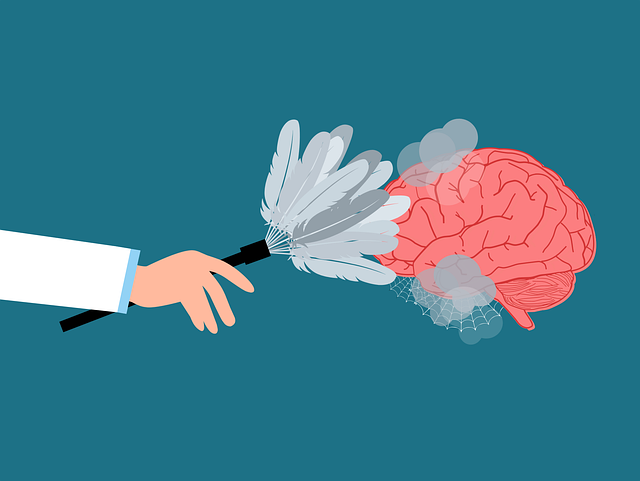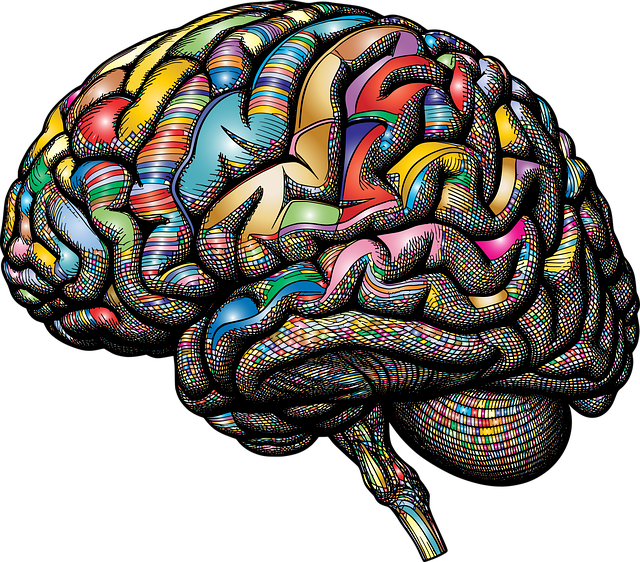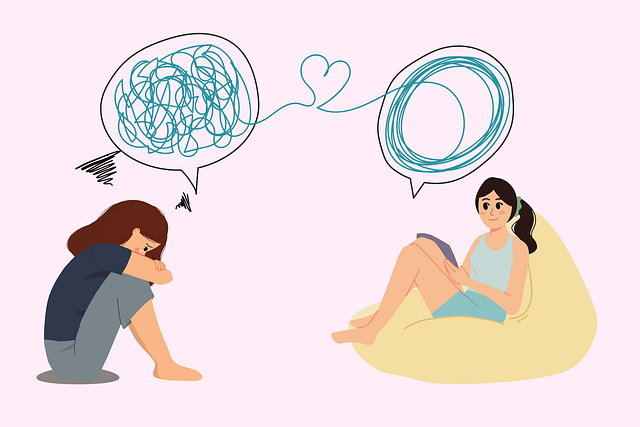Cognitive Behavioral Therapy (CBT) is an effective therapy for young children dealing with stress, anxiety, and related issues. By identifying and altering negative thought patterns, CBT equips kids with healthier coping strategies, boosting their emotional understanding and resilience. This approach not only benefits children but also burnout prevention for healthcare providers through structured positive thinking methods. Normalizing mental health discussions through public awareness campaigns encourages early support-seeking, making CBT accessible for diverse age groups and scenarios.
Stress reduction is a vital aspect of holistic child development, especially for young children. This article explores effective methods to mitigate stress levels, focusing on the power of Cognitive Behavioral Therapy (CBT) as a proven tool for kids. We’ll delve into understanding stress in young minds and provide insights on additional techniques to create a calmer environment. By implementing these strategies, parents and caregivers can foster resilience and emotional well-being in children, ensuring they navigate life’s challenges with ease.
- Understanding Stress in Young Children
- Cognitive Behavioral Therapy: A Powerful Tool for Stress Reduction
- Additional Methods to Alleviate Stress in Children
Understanding Stress in Young Children

Stress is a normal part of life, but for young children, it can be overwhelming and challenging to manage. Understanding stress in this age group involves recognizing that their brains are still developing, making them more susceptible to anxiety and emotional responses. Young children may not always have the vocabulary to express their feelings, which can lead to behavioral issues or even physical symptoms. As such, identifying and addressing stress early on is crucial.
Cognitive Behavioral Therapy (CBT) has proven to be an effective therapy for young children struggling with stress, anxiety, and related conditions. CBT focuses on modifying negative thought patterns and behaviors, boosting confidence, and providing crisis intervention guidance. By teaching children coping strategies and helping them understand their emotions, CBT empowers them to navigate stressful situations more effectively. This approach not only offers anxiety relief but also equips them with lifelong skills to manage stress and build resilience.
Cognitive Behavioral Therapy: A Powerful Tool for Stress Reduction

Cognitive Behavioral Therapy (CBT) has emerged as a highly effective therapy for young children seeking to manage stress and anxiety. This form of therapy focuses on identifying and changing negative thought patterns and behaviors, empowering individuals—especially children—to develop healthier coping mechanisms. By targeting specific issues and teaching practical strategies, CBT offers a structured approach to burnout prevention strategies for healthcare providers, promoting positive thinking and emotional well-being.
Public awareness campaigns around mental health have played a crucial role in normalizing the discussion of stress reduction methods like CBT. These initiatives help break down barriers, encouraging children and their caregivers to seek support earlier. Through interactive activities and tailored interventions, CBT can be adapted to suit diverse needs, making it accessible for various age groups and scenarios.
Additional Methods to Alleviate Stress in Children

Stress is a common issue faced by children today, often stemming from academic pressures, social interactions, or even family dynamics. Beyond established practices like exercise and mindfulness, there are several unique methods to help alleviate stress in young individuals. One such approach gaining traction is Cognitive Behavioral Therapy (CBT). CBT for kids focuses on identifying negative thought patterns and teaching them healthier ways of thinking and behaving, ultimately improving their ability to manage stress. It empowers children with self-awareness exercises that enable them to recognize triggers and develop coping strategies tailored to their needs.
Communication strategies play a crucial role in stress reduction for children. Open dialogue with caregivers or therapists can help them express their feelings and fears, fostering an environment of understanding. Additionally, incorporating mood management techniques into their daily routines allows kids to gain control over their emotional responses. By combining these methods, parents and educators can create a supportive system that effectively reduces stress and promotes the overall well-being of young children.
In conclusion, effectively managing stress in young children is crucial for their overall well-being and development. By understanding the root causes of stress, parents and caregivers can employ various strategies such as Cognitive Behavioral Therapy (CBT), which has proven to be a powerful tool for reducing anxiety and promoting healthy coping mechanisms. Additionally, incorporating mindfulness exercises, physical activity, and creative outlets can significantly alleviate children’s stress levels. These holistic approaches, including therapy for young children, empower kids to navigate challenges and foster resilience from an early age.










